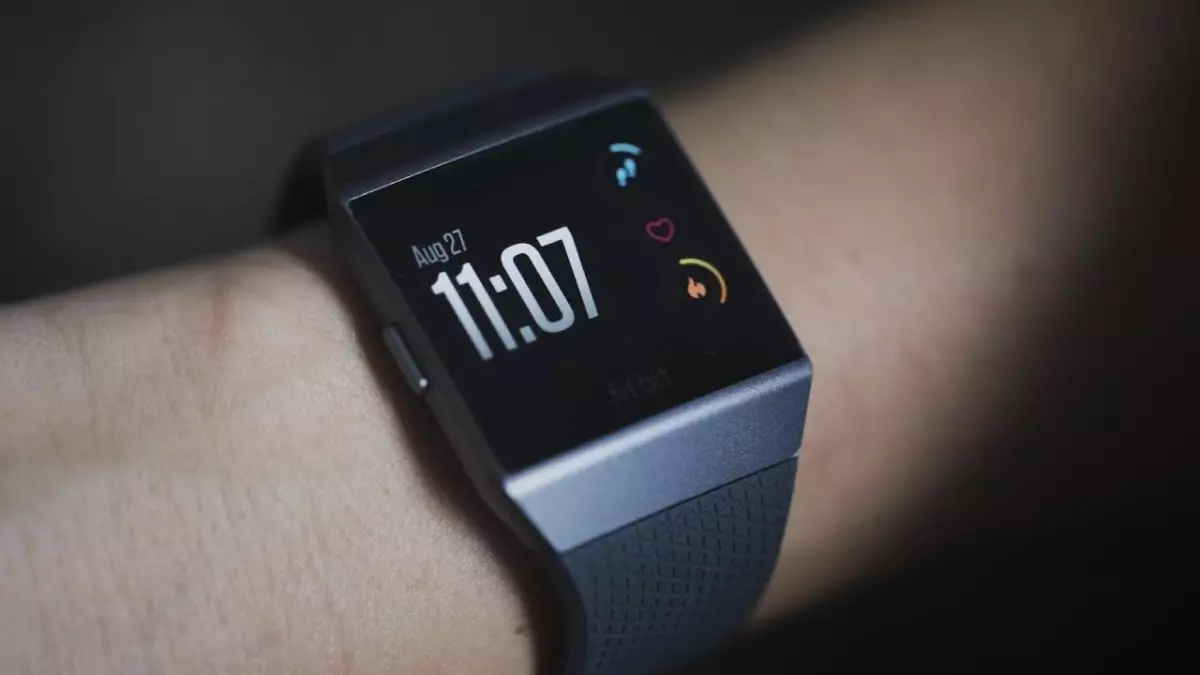In a notable turn of events, Fitbit has reached an agreement with the U.S. Consumer Product Safety Commission (CPSC) concerning a significant defect linked to its Ionic smartwatch model. Slated for a hefty settlement of $12.25 million, this incident underscores the broader implications of product safety in the tech industry, especially as wearables become increasingly embedded in consumer lives. The problem stretches back to 2018, captivating media attention with reports of injuries stemming from overheating batteries—a grim reality for users who expected a state-of-the-art wearable device to enhance their health monitoring.
The CPSC’s investigation into the Ionic smartwatch brought to light a disturbing pattern of negligence on Fitbit’s part. Even after issuing a firmware update in early 2020, the issues persisted, leaving consumers in a precarious position. The revelation that Fitbit neglected to report known defects despite evidence underscores a significant breach of trust. In total, 115 consumers came forward, echoing their grievances about the device’s hazards, with a particularly alarming statistic: at least 78 individuals experienced burns, with some sustaining serious third-degree injuries. Such a failure raises ethical questions about a company’s responsibility to its customers and the critical nature of accountability in tech manufacturing.
Fitbit’s evasion of a timely response points to a concerning trend in the tech industry: the prioritization of profit over safety. The agreement mandates Fitbit take proactive measures by implementing internal controls and compliance protocols, highlighting a necessary shift in focus towards consumer protection. Such measures are essential not only for restoring consumer confidence but also for safeguarding future developments from similar incidents. Companies must recognize that being proactive about potential hazards not only preserves their reputation but is crucial to building sustainable, long-term relationships with consumers.
This settlement serves as a cautionary tale for other tech companies, particularly in the wearables market. As innovation surges, so too does the responsibility for ensuring that products do not endanger users. The repercussions of Fitbit’s missteps may resonate further than the financial penalty, prompting regulatory bodies to scrutinize wearable technology more closely. As a landscape once characterized by unbridled enthusiasm for cutting-edge gadgets, we are now witnessing a clarion call for enhanced safety protocols and stringent oversight, ensuring that consumer welfare takes precedence in the competitive race for innovation.
The fallout from the Fitbit Ionic smartwatch debacle sheds light on the intricate balance tech companies must maintain between advancement and safety. The penalty, along with mandated compliance enhancements, highlights the necessity for vigilance in maintaining consumer trust. As we look forward to the future of fitness technology, embracing a culture of accountability will be instrumental in fostering innovation that enhances daily life without compromising safety. In a world where technology profoundly impacts health, it remains critical that companies prioritize the well-being of their consumers above all else.

